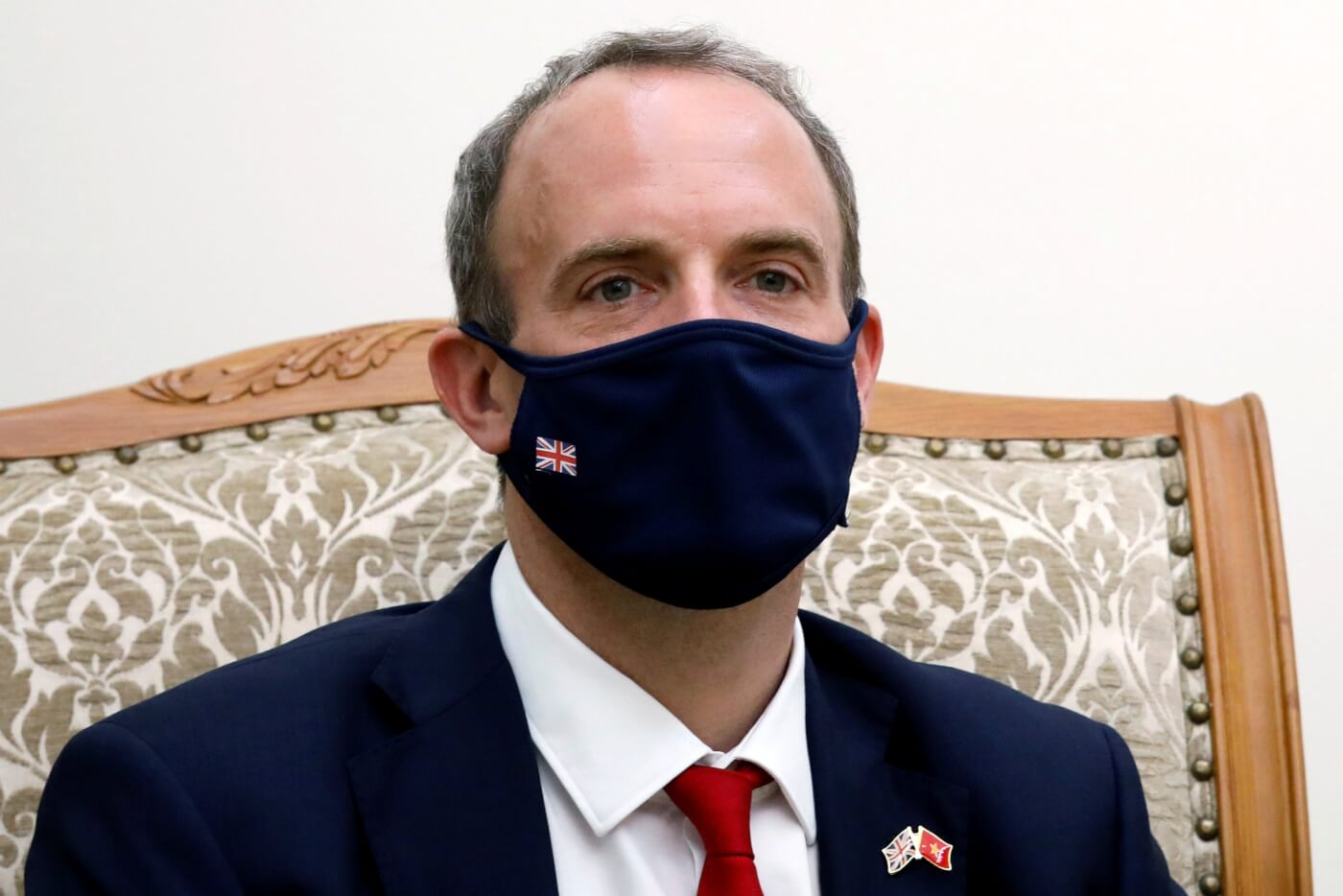Members of Parliament from seven different parties have launched a united appeal calling on the government to scrap plans to cut the overseas aid budget. The letter, which was coordinated by Liberal Democrat MP, Layla Moran argued:
“This government cannot credibly claim to be building a ‘global Britain’ by shrinking away from our development commitments.”
It follows revelations last week that the government planned to cut more than £4bn from the aid budget, in breach of the internationally agreed target of 0.7% of Gross National Income (GNI) set by the United Nations General Assembly in 1970.
While the UK has met the 0.7% target in every year since 2013, there have been long standing concerns around the current government’s commitment to overseas aid.
Prior to the UK general election, the International Observatory of Human Rights in collaboration with UNA-UK held a round table event in which multiple experts emphasised the importance of maintaining the 0.7% target for safeguarding and enhancing global human rights.
Despite a 2019 manifesto pledge, in which the Conservatives stated: “We will proudly maintain our commitment to spend 0.7 per cent of GNI on development and do more to help countries receiving aid become self-sufficient”, a sceptic of foreign aid, Anne-Marie Trevelyan, was named as Secretary of State for International Development in February 2020.
In June 2020, the Prime Minister announced that the Department for International Development was to be subsumed within the Foreign Commonwealth Office. This move prompted over 70 MPs, including senior Conservatives, to sign a letter urging the government to show it was “not turning its back on the world’s poorest”.
The government’s plans to renege on the 0.7% of GNI commitment seem to have borne out such fears. The cross-party letter sent to the Prime Minister on Sunday 22 November 2020 stated:
“Now is not the time to reduce development spending. The UK must continue to step up to the plate and work with international partners for a coordinated international response to help those in vulnerable circumstances across the globe to receive the care they need at this time.”
It also argued that the move would send the wrong message to international partners ahead of the G7 summit and COP26 UN climate talks in 2021.
The new proposals would see overseas aid “temporarily” cut to 0.5% of GNI. Meanwhile plans have been announced to boost spending on national defence and restrict employment to the Foreign, Commonwealth and Development Office to British nationals. A joint letter sent by 24 leading academics argued:
“[This] will greatly limit the talent pool from which to recruit and undermine FCDO’s ability to operate effectively in different contexts – this latest move suggests Britain is rapidly becoming a parochial rather than progressive presence in the world.”
Critics argue the move could not come at a worse time as the world’s poorest countries will rely heavily on international assistance in fighting the effects of the coronavirus both on public health and their economies.
The World Bank estimates that the current pandemic will push an additional 88 – 115 million people into extreme poverty in this year alone. Multilateralism will be essential in the complete elimination of the virus and the increasingly isolationist policies of the UK call into question its role in supporting important efforts such as COVAX (the vaccines pillar of Access to Covid-19 Tools Accelerator).
The cross-party letter, which was endorsed by the Conservative “father of the house” Peter Bottemley (the longest sitting member of parliament in the House of Commons), is not the only backlash the government has faced.
Two former Prime Ministers, David Cameron and Tony Blair, criticised the proposals and described them as a strategic mistake, while the archbishop of Canterbury, Justin Welby, called on the UK to stand by the world’s poorest in “tough times as well as the good”.
Sarah Champion MP, chair of the Commons international development select committee, said:
“This would do untold damage to our international reputation at the exact moment we are trying to showcase Global Britain. No wonder they want to abolish parliamentary scrutiny.”

